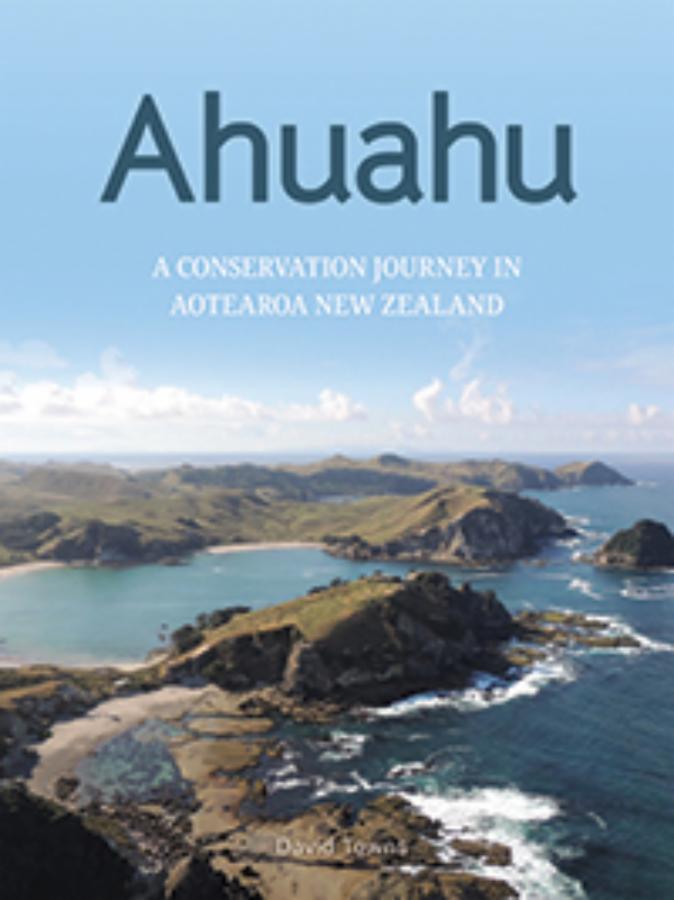January 2023
$79.99
384pp, softback with flaps
280 x 210mm
ISBN: 978-1-98-850326-4
Winner of 2023 Whitley Book Award for Conservation Zoology.
This book uses the Mercury Islands as central characters in an engaging account of progress in understanding New Zealand biodiversity, and improving ways to protect it. These islands are particularly instructive, as they range from the large, inhabited Ahuahu (Great Mercury Island) down to several small uninhabited islands. The book shows how Polynesian and European colonists altered the landscape of New Zealand, and brought passengers (intentionally or not) including three species of rats. Gradually, it was recognised that rats could fundamentally change the ecology of islands, both directly (e.g. by predation on invertebrates and reptiles) and indirectly (e.g. by eliminating nesting seabirds, which previously dropped huge quantities of marine fertiliser in their guano). This motivated the remarkable, almost heroic, development of methods for eradicating invasive mammals from islands – at first small tentative attempts, then large bold programmes.

